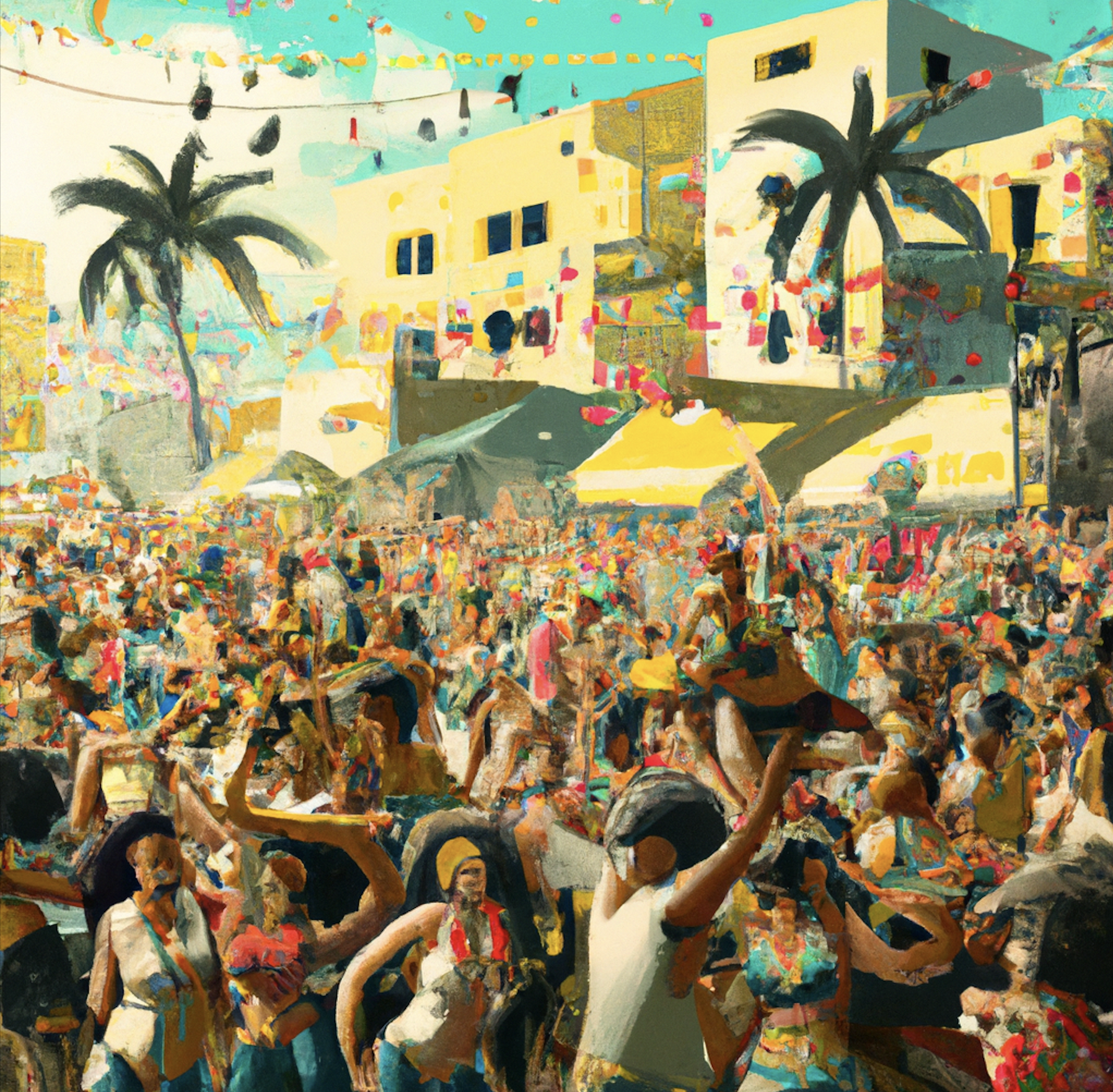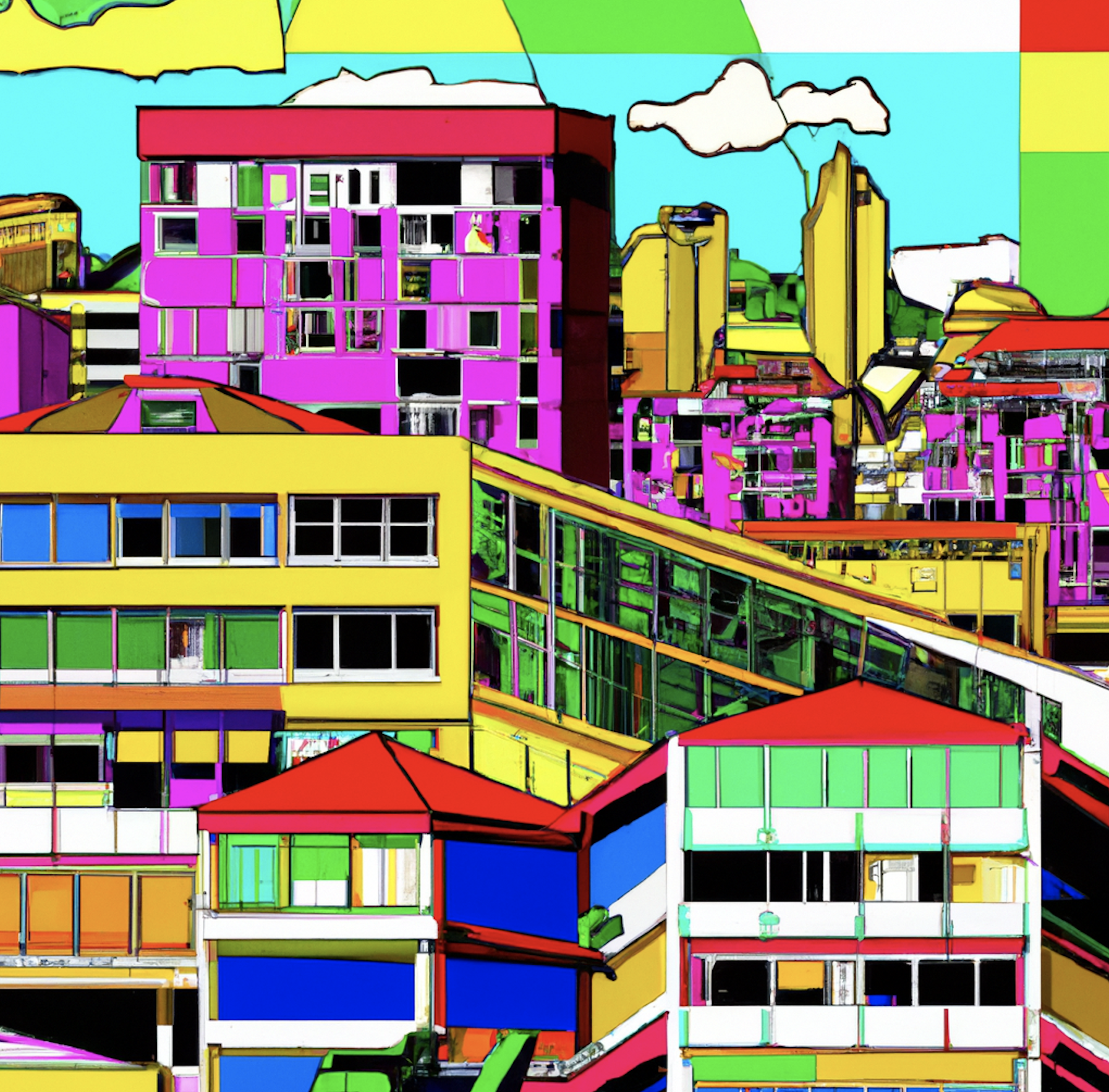by Marcelo Lopes de Souza

Let us designate things by the right names: what has been internationally called the “Brazilian Spring” was not a social movement; it was rather a wave of protests, animated by various organizations: from social movement organizations and political parties to trade unions to loosely organized groups to isolated individuals.
 Popular mobilization gravitated initially around a particular organization, the Free Fare Movement (Movimento Passe Livre/MPL), polarizing a specific social movement − namely the movement that started among high school and college students ten years ago, demanding free pass for the public transportation. In June this year, this mobilization passed up quickly to a “sociopolitical spillover effect” which expresses an enormous, dammed social energy: indignation and resentment, certainly, but also creativity and good sense of humor. The initial agenda represented by MPL, a socially critical and even largely anti-capitalist agenda in its content, was from mid-June on slowly engulfed and partially eclipsed by a much broader and ideologically amorphous agenda, which emphasized “politically correct” demands (i.e. conform to the essence of the capitalist and ‘democratic’ status quo, such as fighting corruption and the rejection of specific legislative acts) and in part even moralistic and reactionary slogans and criticisms (such as hatred expressed by skinheads and other right-wing groups and individuals against the “communists,” the “reds,” the “anarchists” etc.) instead of radical claims and interpretations. For those who realize and understand the conservative ideological hegemony in Brazilian society, the partial “kidnapping” or “usurpation” of the revolt by the conservative sectors is by no means a surprise. If it was not inevitable, it was at least foreseeable.
Popular mobilization gravitated initially around a particular organization, the Free Fare Movement (Movimento Passe Livre/MPL), polarizing a specific social movement − namely the movement that started among high school and college students ten years ago, demanding free pass for the public transportation. In June this year, this mobilization passed up quickly to a “sociopolitical spillover effect” which expresses an enormous, dammed social energy: indignation and resentment, certainly, but also creativity and good sense of humor. The initial agenda represented by MPL, a socially critical and even largely anti-capitalist agenda in its content, was from mid-June on slowly engulfed and partially eclipsed by a much broader and ideologically amorphous agenda, which emphasized “politically correct” demands (i.e. conform to the essence of the capitalist and ‘democratic’ status quo, such as fighting corruption and the rejection of specific legislative acts) and in part even moralistic and reactionary slogans and criticisms (such as hatred expressed by skinheads and other right-wing groups and individuals against the “communists,” the “reds,” the “anarchists” etc.) instead of radical claims and interpretations. For those who realize and understand the conservative ideological hegemony in Brazilian society, the partial “kidnapping” or “usurpation” of the revolt by the conservative sectors is by no means a surprise. If it was not inevitable, it was at least foreseeable.

Writing in the newspaper O Estado de São Paulo (19.06.2013), the celebrated Brazilian anthropologist Roberto da Matta, despite not being exactly a genius of critical social research (or perhaps precisely because of this…) was able to summarize the prevailing interpretation of the middle class about the wave of protests: “(…) a surprising wave of riots motivated by the overall inertia of the rulers in the face of the chaos we all experience in the Brazilian cities, without urban transport, with a level of crime that resembles a civil war and in the context of an impossibility to use the car because of lack of space and civic education.” With all the usual stereotypes and undisguised class bias, Da Matta synthesized – even though this was not his intention – the diffuse feelings of the petty bourgeoisie of big and intermediate cities. It is clear that this has nothing to do with anti-capitalist critique, as well that the objections to the PT (Workers Party) government have been very often made from a right-wing perspective (in a neoconservative and not uncommonly even (proto)fascist way) and not necessarily from a progressive point of view.
At the beginning, the meaning seemed almost univocal: the public space (understood not as a vague synonym for ‘public scene’ or ‘public sphere,’ but in its geographical expression as materiality of streets and squares), which is very often ‘public’ in a purely formal sense in its condition as a collectively used space that is controlled and maintained by the state apparatus, acquired a rare visibility. It became public in a strong, socio-political sense. However, gradually violence not only perpetrated by the police but also by protesters against each other (in general [proto]fascist groups against left-wing activists) was undermining, under the sign of intolerance and hatred, the truly public dimension in that way of experiencing the urban space. Tellingly, frightened by the direction of the wave of protests, the MPL decided on June 21 not to convene new protests for fear of unwittingly contributing to the escalation of co-optation of the protests by conservative sectors. Between June 6, when the MPL led about 2,000 people to the streets of São Paulo against the bus fare increase of R$ 3.00 (= ca US$ 1.20) to R$ 3.20, and the 21st of the same month, two things happened: the expansion of mobilization and protests on a national scale, reaching many cities across the country; and at the same time the expansion of the agenda of resistance and protest in a way that enriched it but partly also distorted it, and in a sense that to some extent even denied the critical-radical content of the political forces that originally called for resistance and mobilization.
Notwithstanding all this, it would be a serious mistake to reduce the development and evolution of the wave of protests to a widespread political and ideological “kidnapping” of a mobilization that, in principle, had at least indirectly a clear class content (concretely: students and the politicized youth in general, mostly with a middle class background and often revealing a high degree of critical consciousness and advocating an agenda convergent with the objective interests of workers), but that gradually was becoming a phenomenon marked by “nationalism,” petty bourgeois prejudices and sometimes even “(proto)fascist” feelings. If we restrict our attention to these conservative and even reactionary aspects that would mean, in my view, that the difficulties to understand the positive aspects of the current popular mobilization are blurring our vision and preventing us from realizing the potential gains derived from the presence (perhaps an ephemeral presence, but not necessarily or not always) of new socio-political actors.
Let me stress something obvious: there are two ways of counteracting and attacking the “center” (which in contemporary Brazil and at the various levels of government commonly stretches from the “center-left” to the “center-right”): “from the left” and “from the right.” In the wave of protests of June 2013 (which apparently began to vanish at the beginning of July), the two forms were present. The protests were a tense, fluctuating mix of different and partly opposite trends. From the point of view of the accumulation (or not) of socio-political gains, the short term may suggest a partial victory (in the best of all cases), while at the same time the more lasting effects do not necessarily promise any consistent win. Be that as it may, the last chapters of this story are yet to be written, and it is essential that the anti-capitalist forces learn the necessary lessons and prepare themselves for the next challenges.
Marcelo Lopes de Souza is a professor at the Department of Geography of the Federal University of Rio de Janeiro in Rio de Janeiro.
Marcelo Lopes de Souza





